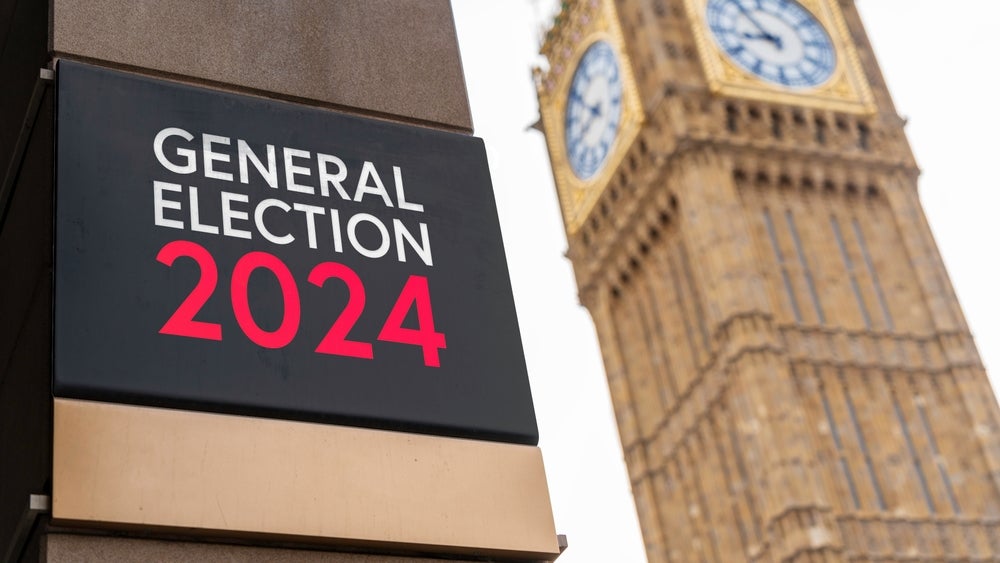A Harvard Business School paper has explored
the international political dynamics of IFRS adoption.
The International Politics of IFRS
harmonization paper uses field studies in Canada, China and
India to analyse how international politics can shape a country’s
strategy with IFRS adoption.
The paper isolates two principal dimensions to
characterise jurisdictions’ IFRS responses: proximity to existing
power at the International Accounting Standards Board (IASB) and
the jurisdiction’s own potential political power at the IASB.
Jurisdictions are classified as either ‘high’
or ‘low’ in each dimension, which then produces a matrix of
predicted responses to IFRS.
The framework developed can “yield insights
into the nature of IFRS itself and its potential structure in the
future”, the paper’s author Karthik Ramanna said.
The paper also explores the interplay between
the current debates around convergence versus adoption and the
IASB’s expanding geographical diversity away from its traditional
European power base to emerging powers such as China.
How well do you really know your competitors?
Access the most comprehensive Company Profiles on the market, powered by GlobalData. Save hours of research. Gain competitive edge.

Thank you!
Your download email will arrive shortly
Not ready to buy yet? Download a free sample
We are confident about the unique quality of our Company Profiles. However, we want you to make the most beneficial decision for your business, so we offer a free sample that you can download by submitting the below form
By GlobalDataAdditionally, the study argues restructuring
the IASB’s structure to include fewer Americans may temper
enthusiasm for IFRS in the US, which will actually make IFRS less
attractive globally.






